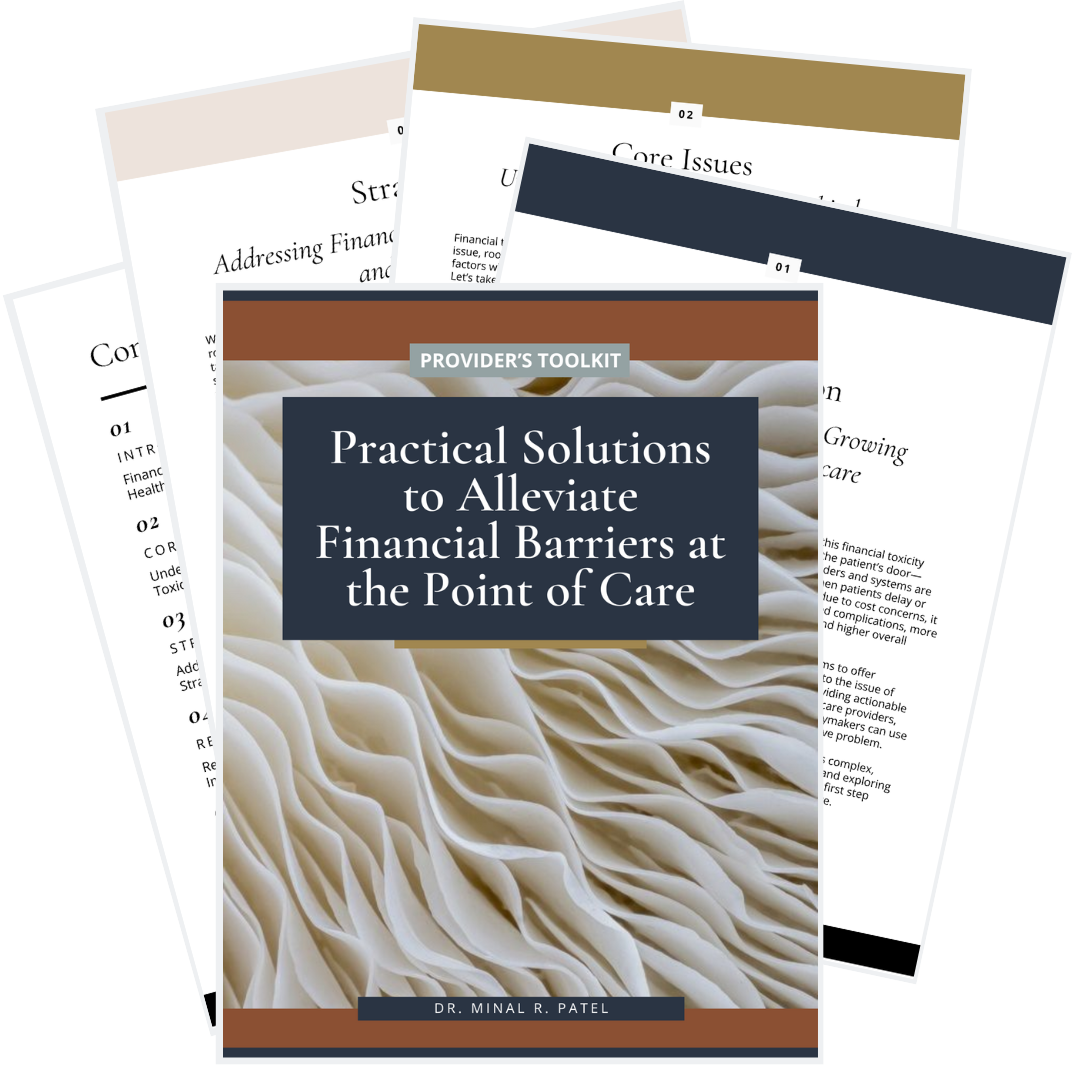
social determinants of health
Unbanked Diabetes Patients: Exploring the Challenges of Financial Access and Healthcare
For people with diabetes, being unbanked adds financial strain that can affect health outcomes. A study highlighted the challenges unbanked individuals face, including worse diabetes management.
Addressing Unbanked Diabetes Patients is key to improving both financial stability and health for these individuals.
The Challenges of Being Unbanked While Managing Diabetes
In the United States, a significant portion of the population faces challenges in accessing basic financial services. This issue, known as being “unbanked,” affects millions of Americans, and can have a profound impact on their lives, particularly when it comes to managing chronic health conditions such as diabetes.
A recent study explored the intersection of diabetes and financial access, shedding light on the prevalence of unbanked individuals among those with uncontrolled diabetes, as well as the demographic, clinical, and socioeconomic factors associated with this status.
Key Findings
The study revealed that 3% of individuals with uncontrolled diabetes are unbanked, a figure consistent with national averages. However, this number may be higher given that the sample studied did not match the distribution of the U.S. adult population, indicating the need for further research in broader populations dealing with diabetes and other chronic diseases.
The research also highlighted the socioeconomic vulnerabilities faced by those who are unbanked. Compared to their banked counterparts, unbanked individuals with diabetes were more likely to:
- Live below the poverty line
- Have less education
- Be unemployed
- Rely on government-sponsored health insurance
- Face higher out-of-pocket healthcare expenses
- Experience more unmet social needs, such as housing and food insecurity
Reasons for Being Unbanked
The study also identified several reasons why individuals with diabetes remain unbanked:
- Lack of trust in banks
- Insufficient funds to utilize banking services
- Banks being too far away or inconvenient
- Concerns about costs and fees
- Lack of necessary documentation
- Reliance on others for banking needs
Implications for Health
Being unbanked presents significant challenges for individuals with diabetes, particularly in managing their condition. Without access to financial services, it becomes difficult to save for healthcare expenses, pay medical bills on time, and access financial assistance programs that could help them afford treatment and essential needs.
Moreover, the stress and financial strain associated with being unbanked can exacerbate health issues, making it harder to maintain a healthy lifestyle and adhere to treatment plans. This can lead to poorer health outcomes and increased healthcare costs in the long run.
Addressing the Issue
To address this issue, it is crucial to recognize the link between financial access and health outcomes. Efforts should be made to improve financial literacy and provide resources to help individuals with diabetes navigate the banking system. Additionally, healthcare providers and policymakers should work together to develop strategies that support the financial well-being of individuals with chronic conditions, ensuring they have the means to manage their health effectively.
The study highlights the need for further research to fully understand the complex relationship between banking status and health management among individuals with diabetes and other chronic diseases. Addressing the financial barriers faced by unbanked individuals, we can improve their access to healthcare, reduce disparities, and promote better health outcomes for all. Together, we can ensure that everyone has the opportunity to bank on their health.
Want to Learn More?
If you’re curious about the full scope of the study and how being unbanked affects diabetes management, click here to read the entire article.

free guide
Are rising healthcare costs preventing your patients from getting the care they need?
Discover realistic, long-term strategies for reducing financial barriers to care. This resource provides healthcare providers with practical insights to help alleviate financial challenges and improve patient adherence to treatment.
